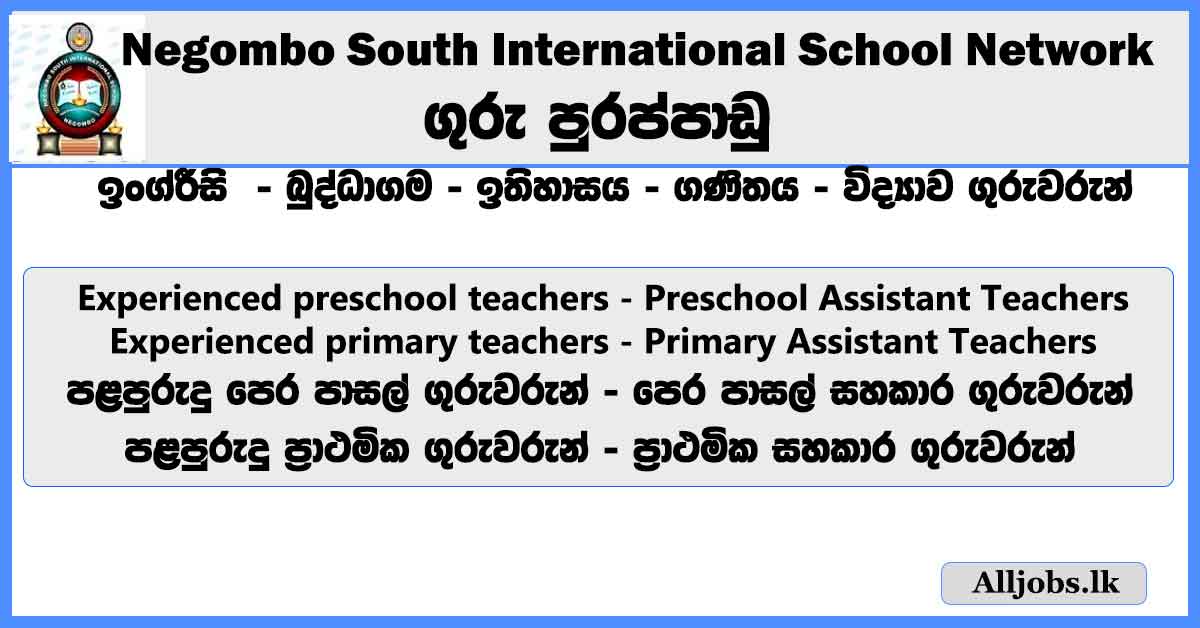What are the typical job responsibilities for a market research professional?
Market research professionals are responsible for designing and conducting research, collecting and analyzing data, creating reports, collaborating, staying up-to-date, and ensuring accuracy and reliability.
Market research professionals are responsible for managing budgets, developing research methodologies, and providing recommendations.
What skills and qualifications are required to become a successful market researcher?
To become a successful market researcher, there are several skills and qualifications that are typically required. These may include:
- Strong analytical skills to effectively collect and interpret data.
- Excellent communication and interpersonal skills to work with clients, team members, and stakeholders.
- Critical thinking and problem-solving abilities to identify and address research challenges.
- Attention to detail to ensure accuracy and reliability of research findings.
- Knowledge of research methodologies and statistical analysis techniques.
- Proficiency in relevant software and tools such as statistical software, survey tools, and data visualization software.
- A bachelor’s or master’s degree in marketing, statistics, psychology, or a related field.
- Relevant work experience in market research or a related field may also be required.
Additionally, successful market researchers should be able to adapt to changing market trends and technologies, work well under pressure, and be able to manage multiple projects and deadlines simultaneously.
How important is experience in the field of market research for career advancement?
- Experience in the field of market research is often crucial for career advancement. Market research is a highly competitive field, and having relevant work experience can set individuals apart from other candidates.
- Experience in market research provides opportunities for professional growth.
- Employers look for experienced candidates with successful research projects and client relationships.
- Additionally, experience may be necessary for advancing to higher-level positions such as senior market researcher or manager.
- However, it’s worth noting that experience is not the only factor that contributes to career advancement.
- Continuing education, professional certifications, and networking skills are essential for success in market research.
What are the different career paths available in market research, and how do they differ?
There are several career paths available in market research, and they can differ depending on the specific focus of the work, the industry, and the type of organization. Some of the common career paths in market research include:
Market Research Analyst:
This role typically involves collecting and analyzing data to identify trends, develop insights, and make recommendations based on research findings.
Market Research Manager:
A manager in this field may oversee a team of analysts, plan research projects, and work with clients to provide strategic guidance based on research insights.
Qualitative Researcher:
A qualitative researcher may specialize in conducting in-depth interviews, focus groups, or ethnographic research to gain a deeper understanding of consumer behavior and attitudes.
Quantitative Researcher:
A quantitative researcher may specialize in survey design, data analysis, and statistical modeling to quantify consumer trends and behavior.
Data Analyst:
This role involves working with large data sets to identify patterns and trends, and developing insights that inform business decisions.
Market Research Consultant:
A consultant may work independently or as part of a consulting firm, providing strategic guidance and research insights to clients across various industries.
Each of these career paths requires different skills, knowledge, and experience. For example, a quantitative researcher may need strong statistical and data analysis skills, while a qualitative researcher may require excellent communication and interpersonal skills.
Additionally, the industry and type of organization can impact the focus and scope of the work, as well as the level of client interaction and project management responsibilities.
What software and tools are essential for market research professionals to have experience with?
There are several software and tools that are essential for market research professionals to have experience with. Some of the common ones include:
- Statistical Software: Market research professionals often use statistical software such as SPSS, SAS, or R to analyze data, identify trends, and develop insights based on statistical models.
- Survey Tools: Tools like SurveyMonkey, Qualtrics, and Google Forms are commonly used to design and distribute surveys, collect data, and analyze responses.
- Data Visualization Software: Tools like Tableau, Power BI, and Google Data Studio are used to create visual representations of data, making it easier to communicate findings and insights to clients and stakeholders.
- Focus Group and Interview Tools: Tools like Zoom, GoToMeeting, and Microsoft Teams are often used for conducting virtual focus groups and interviews.
- Project Management Tools: Tools like Asana, Trello, and JIRA are commonly used for managing research projects, tracking timelines and budgets, and collaborating with team members.
- Social Media Monitoring Tools: Tools like Hootsuite, Sprout Social, and Brandwatch are used to monitor social media activity, identify trends and sentiment, and track the performance of social media campaigns.
Having experience with these tools can help market research professionals streamline their workflows, improve the accuracy and efficiency of their research, and ultimately deliver more valuable insights to clients and stakeholders.
How does a market research professional stay up-to-date with industry trends and advancements?
Staying up-to-date with industry trends and advancements is essential for market research professionals to remain competitive and effective in their roles. Some ways a market research professional can stay informed and up-to-date include:
Professional Organizations:
Joining a professional organization such as the American Marketing Association (AMA), the Insights Association, or the Market Research Society can provide access to industry events, conferences, and webinars, as well as networking opportunities and access to industry resources.
Industry Publications:
Subscribing to industry publications such as Quirks, GreenBook, or Research World can provide access to the latest research trends, insights, and best practices.
Conferences and Events:
Attending industry conferences and events such as the ESOMAR Congress, the Market Research Exchange, or the Insights Leadership Conference can provide opportunities to network with other professionals, learn about the latest research techniques and methodologies, and hear from industry thought leaders.
Online Resources:
Keeping up with industry trends and advancements through online resources and thought leaders.
Continuing Education:
Pursuing continuing education opportunities such as online courses, workshops, or certifications can help market research professionals stay current on industry trends and best practices, and build new skills and knowledge.
By staying informed and up-to-date on industry trends and advancements, market research professionals can provide more valuable insights to their clients and stay competitive in the job market.
What role does data analysis play in market research, and what skills are necessary for this aspect of the job?
Data analysis is essential for market research.. A market research professional must possess strong data analysis skills to succeed in this aspect of the job.
Some of the skills necessary for data analysis in market research include:
- Statistical Analysis: Market research professionals need to be proficient in using statistical software such as SPSS, SAS, or R to perform data analysis. They must be able to select appropriate statistical tests, interpret results, and report findings in a clear and concise manner.
- Data Visualization: Market research professionals must be able to communicate data insights effectively to clients and stakeholders. Data visualization skills are essential for presenting data in a visually appealing and easy-to-understand manner.
- Database Management: Market research professionals must be able to manage and manipulate large datasets. This requires knowledge of database management tools such as SQL and database software such as Excel.
- Critical Thinking: To be an effective data analyst in market research, professionals must have strong critical thinking skills. Identify patterns and trends, draw insights, and develop actionable recommendations based on research findings.
- Attention to Detail: Data analysis requires a high level of attention to detail to ensure accuracy and completeness of data. Market research professionals must be meticulous in their work to ensure that research findings are reliable and valid.
Overall, data analysis is a critical aspect of market research, and possessing strong data analysis skills is essential for success in this field.
Safety and health protocols in a job
How important is communication and collaboration with clients and other team members in market research?
Communication and collaboration are essential skills for market research professionals. Working effectively with clients and other team members can lead to more successful projects and better outcomes. Here are some reasons why communication and collaboration are important in market research:
- Understanding Client Needs: Effective communication is essential to understand the needs and objectives of the client. Market research professionals must work closely with clients to gather requirements, understand their expectations, and establish project goals.
- Managing Expectations: Clear communication is important to manage client expectations throughout the research process. Market research professionals must provide regular updates and feedback to ensure client is aware of challenges.
- Collaborating with Team Members: Collaboration and coordination are essential for successful market research projects.
- Presenting Findings: Market research professionals must present information in a way that is easy to understand and actionable for clients.
- Building Relationships: Strong communication skills can lead to repeat business, referrals, and positive word-of-mouth.
Overall, communication and collaboration are essential skills for market research professionals to succeed in their roles.
Market research professionals can improve outcomes, build relationships, and advance their careers.




